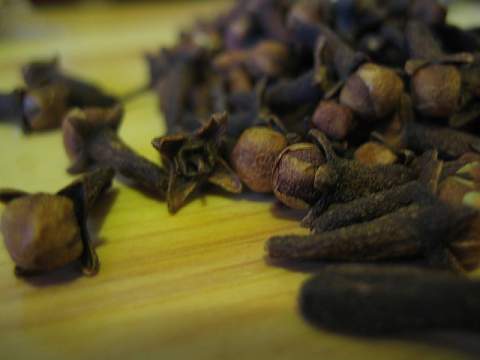
Clove with its aromatic smell and nutritional benefits is prominently used for culinary purposes. Oil derived from it, is extensively used in foods and products. However, proteins in this spice may trigger clove allergy in sensitive people.
Adverse reaction is stimulated when histamines react with harmless food proteins.
Allergic reaction commence when immune system mistakenly determine proteins in food as a threat and releases IgE antibodies to combat them. Next time when similar proteins are ingested, antibodies signal immune system to release histamines, which results in allergic symptoms.
Symptoms of clove allergy range from mild to severe signs. Beauty bloggers recommend blending clove to treat skin ailments. Anecdotal reports claim that this home remedy is effective. But, in sensitive people this harmless remedy can trigger skin rashes.
You must always patch test before using it over the skin.
Clove Allergy Symptoms
Researchers say that eugenol oil residing in clove is known to irritate skin and mouth. When you internally or topically use clove, your sensitive skin get irritated with this allergen and you may experience symptoms of allergy.
Signs like redness, irritation, pain, swelling or fever can be experienced.
Immediate step is to avoid clove in diet and topical use. If the allergic symptoms persist for a week, then consult allergist.
Prevention and Diagnosis
Because of its nutritional profile, many products add clove oil as a vital ingredient in their products. Tooth paste, soap, perfumes and even cigarettes contain extracts of clove. In cigarettes clove oil is used to soften the tobacco taste.
After conducting specified test, allergist will determine the allergen and prescribe medication accordingly.
Experts say that even if you aren’t allergic to eugenol oil, over dose can trigger irritation. Symptoms include diarrhea, abdominal pain, vomiting, nausea, coma, dizziness, breathing and digestion problem.
Patients with kidney or liver problem must avoid taking clove for medical benefits. It can increase the negative effect on your health. Eugenol oil is known to slow blood clotting, so if you’re bleeding avoid ingesting clove in any form.

